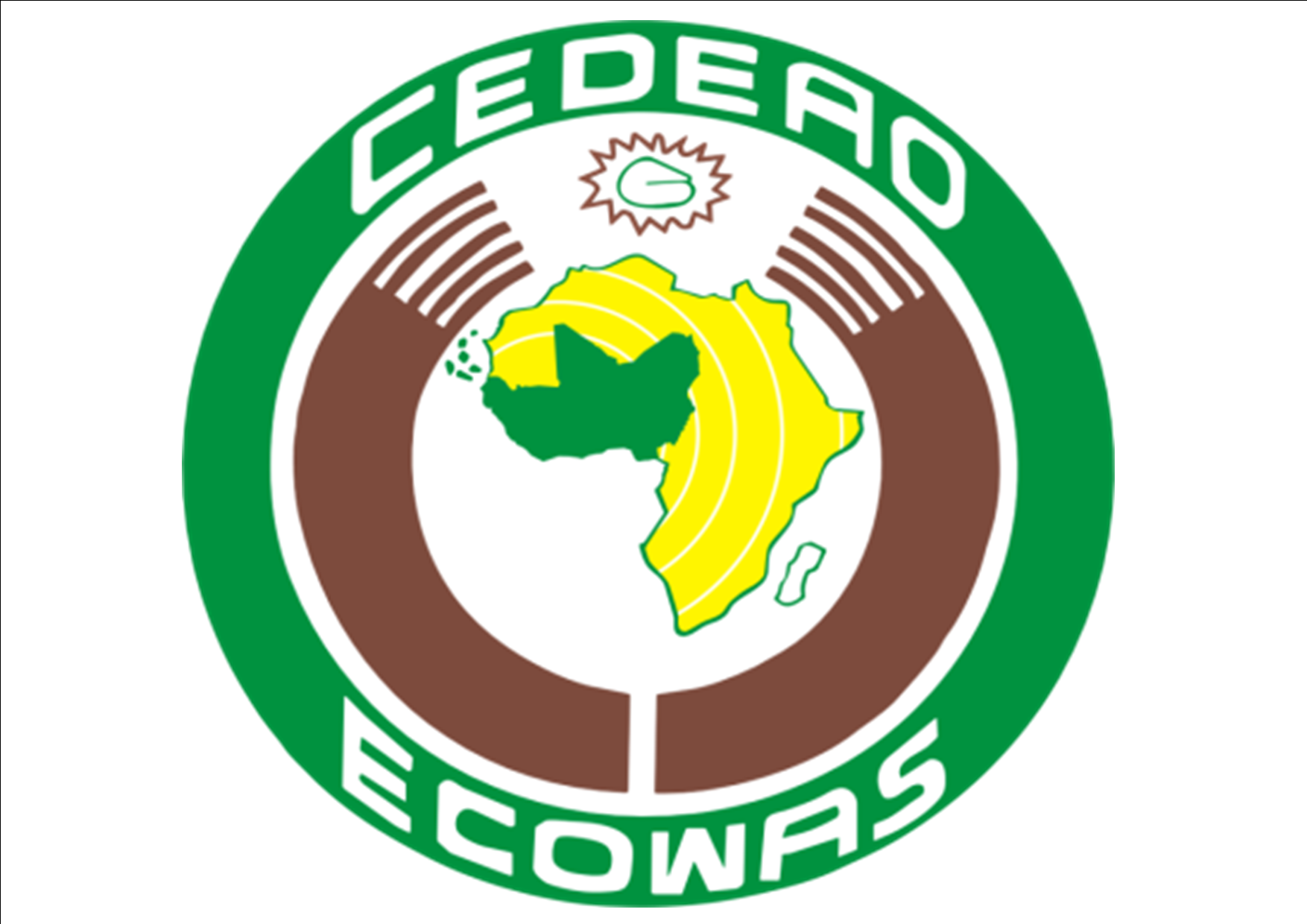Favouritism in admission, manipulation of young girls prevalent in West Africa’s educational system –ECOWAS
Prof. Leopoldo Amado, ECOWAS Commissioner for Education, Science and Culture says favouritism and manipulation of young girls are the major corruption prevalent in West Africa’s educational system.
Amado said this at the Sub-regional Meeting of Transparency International and presentation of Policy papers on land and education systems in West Africa in Abuja on Wednesday.
According to him, due to the prevalent of corruption in the West African educational system, ECOWAS launched a policy document in education to curb it.
“Three major types of corruption pervades the education system in this region; favoritism in terms of admission into institutions, best results of good students being exchanged for mediocres and sex for marks.
“Young girls often fall into the hands of teachers among others, which makes education sector the worst hit by corruption,’’he said.
Amado said that this has made the commission to put in place some schemes for both teachers and students to curb the trend.
Earlier, Mr. Auwal Rafsanjani,Executive Director, Civil Society Legislative Advocacy Centre (CISLAC)said corruption in education systems across ECOWAS is common place, depriving citizens of their fundamental rights to personal development and the opportunity to realise their potentials.
READ ALSO: Defeated politicians behind current heightened security situation – Buratai
Rafsanjani said that learning to read and write is a fundamental right but a 2017 UNESCO report, showed that 38 per cent of African adults were illiterate and two-thirds of these were women.
According to him, having large numbers of girls outside the formal schooling system, for whatever underlying reasons, brings developmental challenges to both current and future generations.
He said that until equal numbers of girls and boys are in school, it would be impossible to wholesomely build the knowledge necessary to eradicate poverty and hunger, combat disease and ensure environmental sustainability.
He said that though Africa is rich but it has the poorest people due to mismanagement and corruption in the allocation of resources which include land.
“Land corruption has prevailed in West Africa because on one hand, citizens have limited access to information, the laws and procedures regulating land ownership are complex.
“There is also insufficient access to justice, while the lack in capacity of local land offices and traditional institutions has hindered good governance practices.
“Rapid urbanization has also led to unaccountable land management and urban planning in many of our cities and poor oversight by independent bodies has relegated land corruption to a petty offence.
“We have a duty to ensure that ownership of land is not restricted to the rich and wealthy alone, neither should it be for a particular gender or age group.
“Instances of forgeries, seeking of bribe for admission into institutions, cloning of land document, allocating lands without following due process, land grabbing, sex for marks in higher institutions, discrimination against women, among others, are critical issues that need to be addressed across Africa,’’ he said.
READ ALSO: Snake bites declared ‘world’s biggest hidden health crisis’
Rafsanjani assured that CISLAC as Transparency International in Nigeria, would do everything possible to put education and land management on track.
This, he said is to ensure that it becomes an important factor in human development instead of national embarrassment and impediment to the socio-economic progress of the nation.
“We hope that these proposals will be used at policy level discussions and evidence based advocacy that will lead to actionable recommendations for Nigeria, ECOWAS and the international community,”he said.
Earlier, Mr Samuel Kaninda, Africa Regional Advisor, Transparency International said that the organisation is making efforts to ensure implementation of policies on education and land.
Kaninda said this is important because it is believed that where government is Transparent, it would be easy to engage corrupt people and prosecute them.
He said that the policy would ensure that teachers passed grades on merit and curb cases for sex for marks as it would continue to monitor those processes.(NAN)


